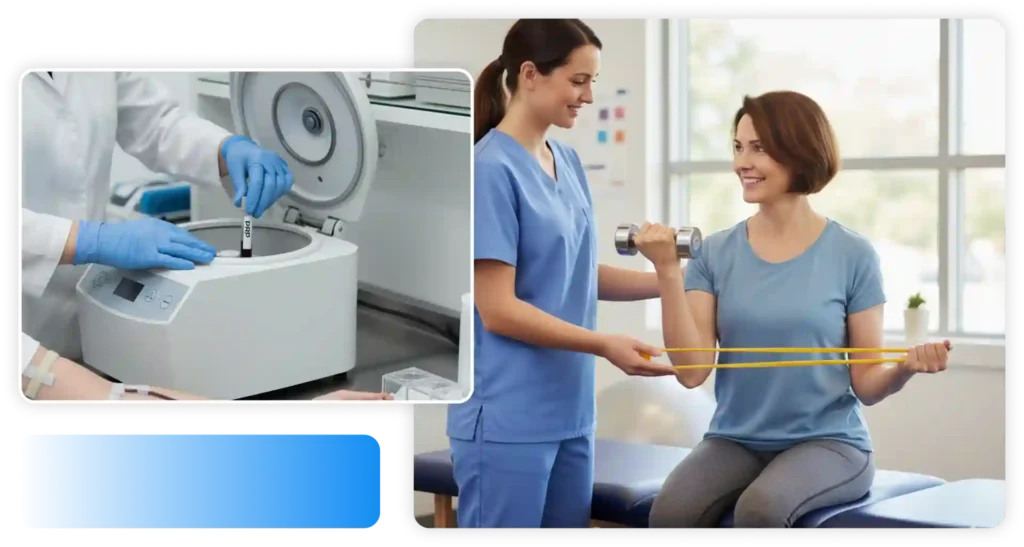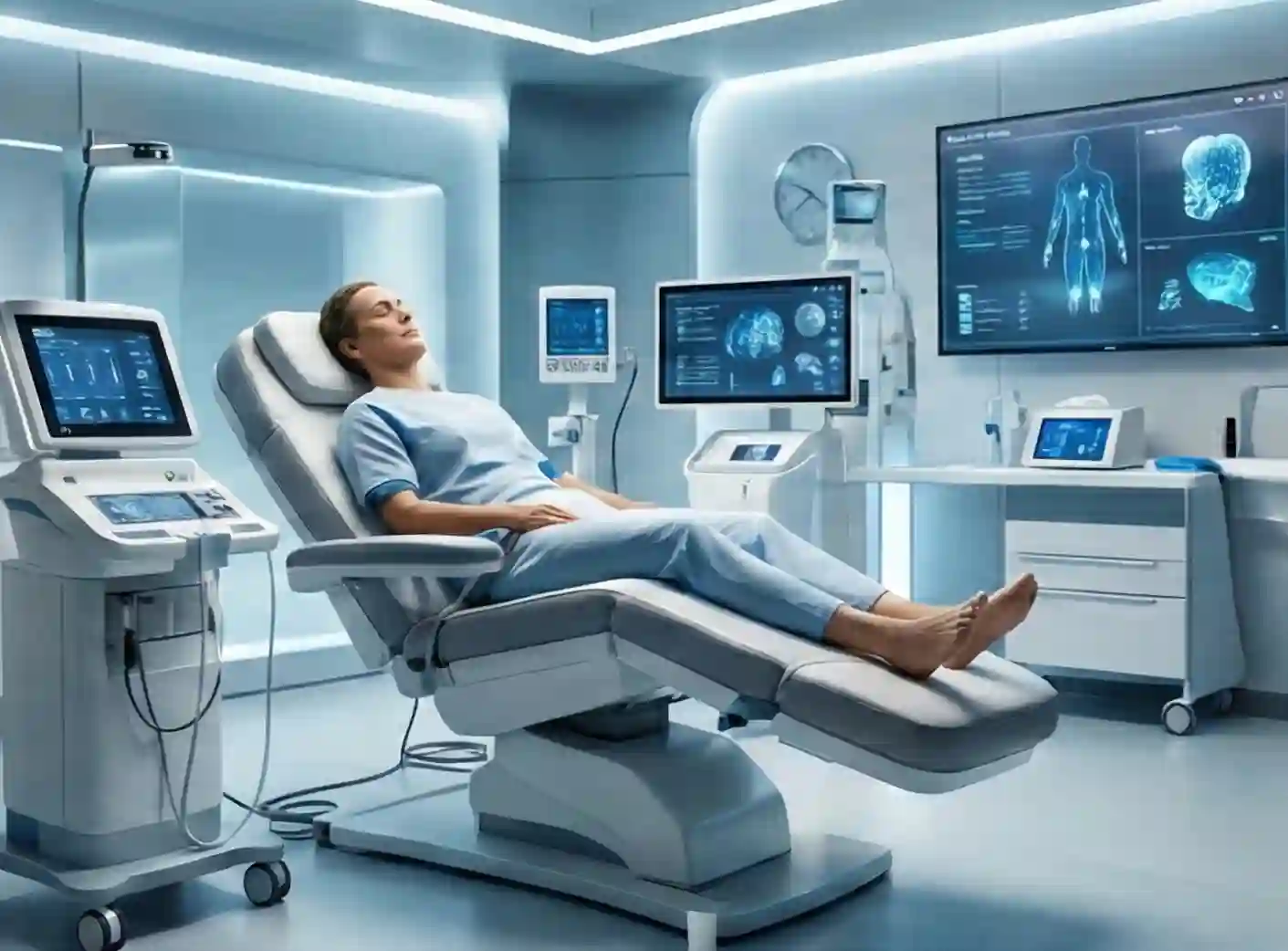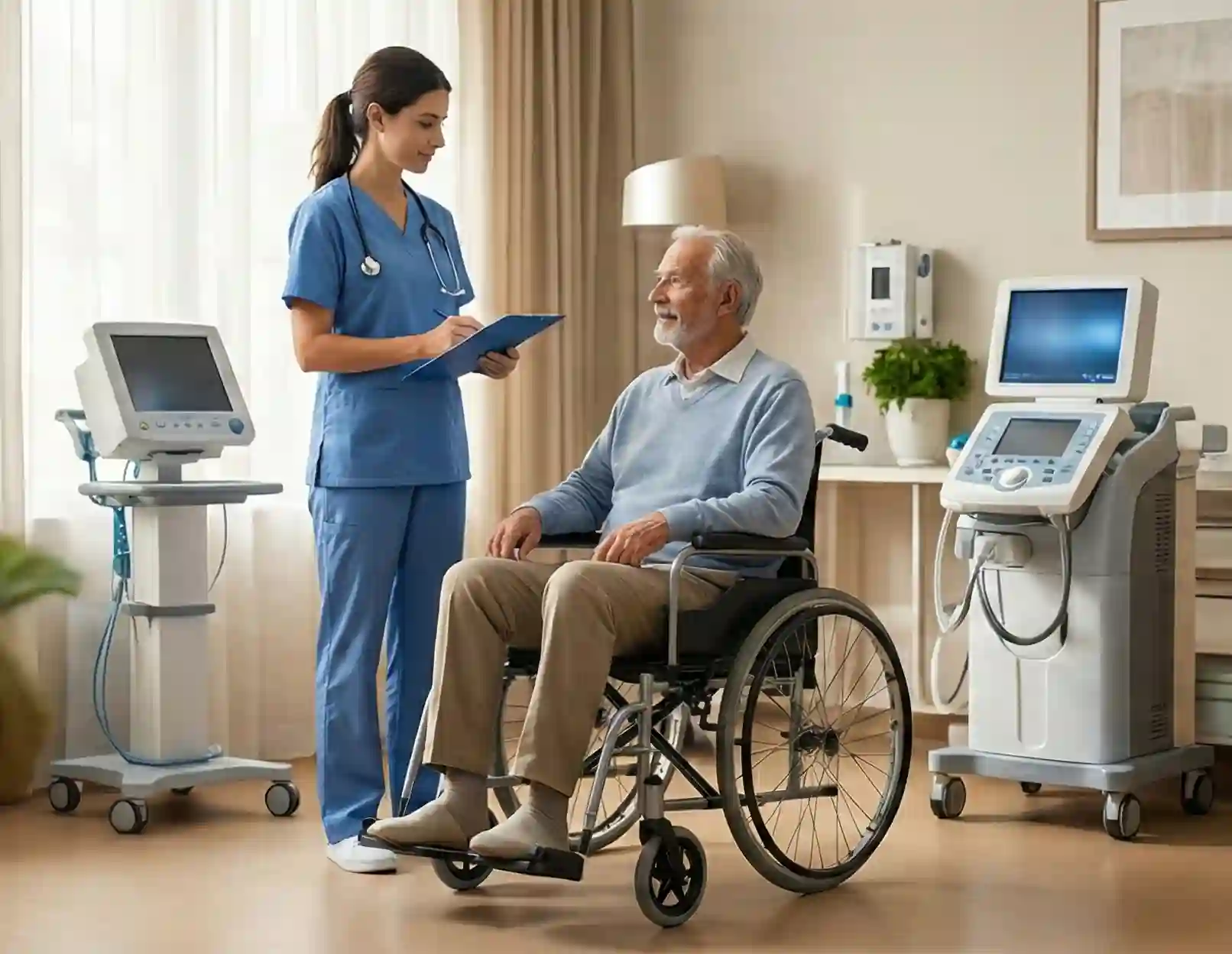From issues like tendonitis to arthritis, there are many conditions that are notoriously challenging to treat through standard therapies. To address these and other concerns, the medical community has recently begun leveraging powerful resources found within patients themselves: plasma. Platelet-rich plasma (PRP) is a substance featuring concentrated platelets and proteins which are derived from whole blood.
Our blood naturally contains plasma, a liquid with platelets, which contain growth factors to help support cellular development and healing. When the platelets are isolated and their concentration is increased, their growth factors are amplified by five to ten times. This concentrated solution holds tremendous potential for promoting healing across a range of conditions.
Musculoskeletal injuries are among the most common culprits behind persistent discomfort. These, along with chronic conditions such as arthritis, are well-suited for PRP Therapy. Such conditions don’t always respond well to traditional treatments but continue to produce frustrating symptoms for those who experience them. PRP injections are thus a promising minimally invasive solution to help patients improve their quality of life.





